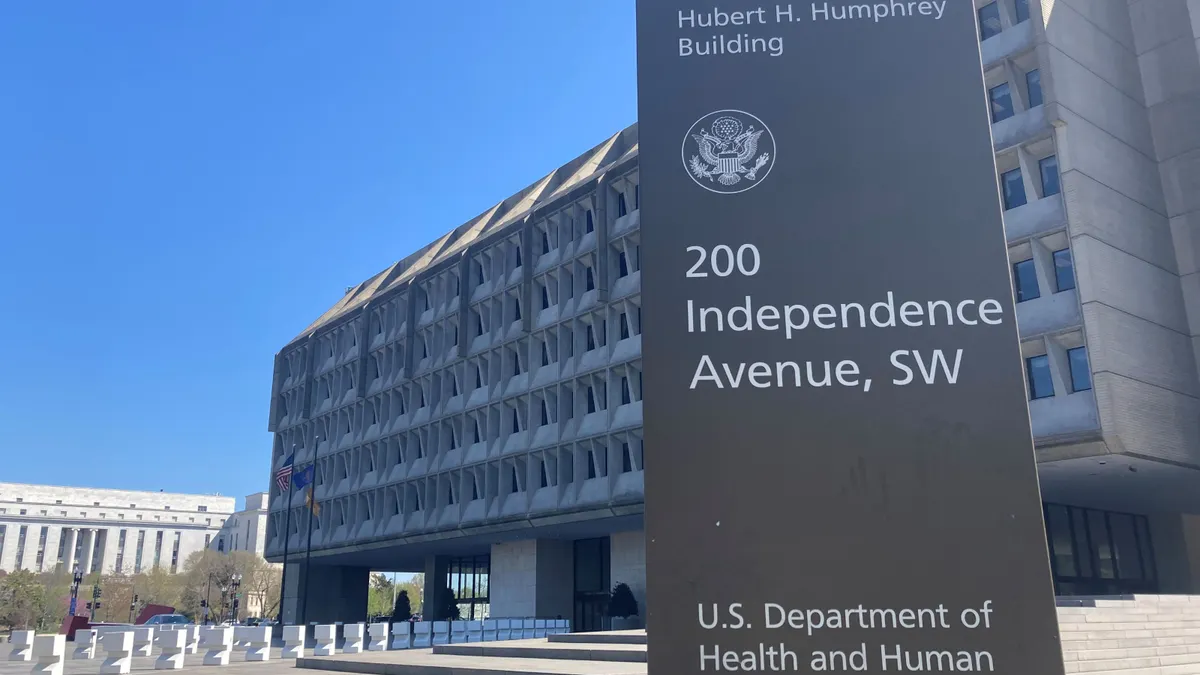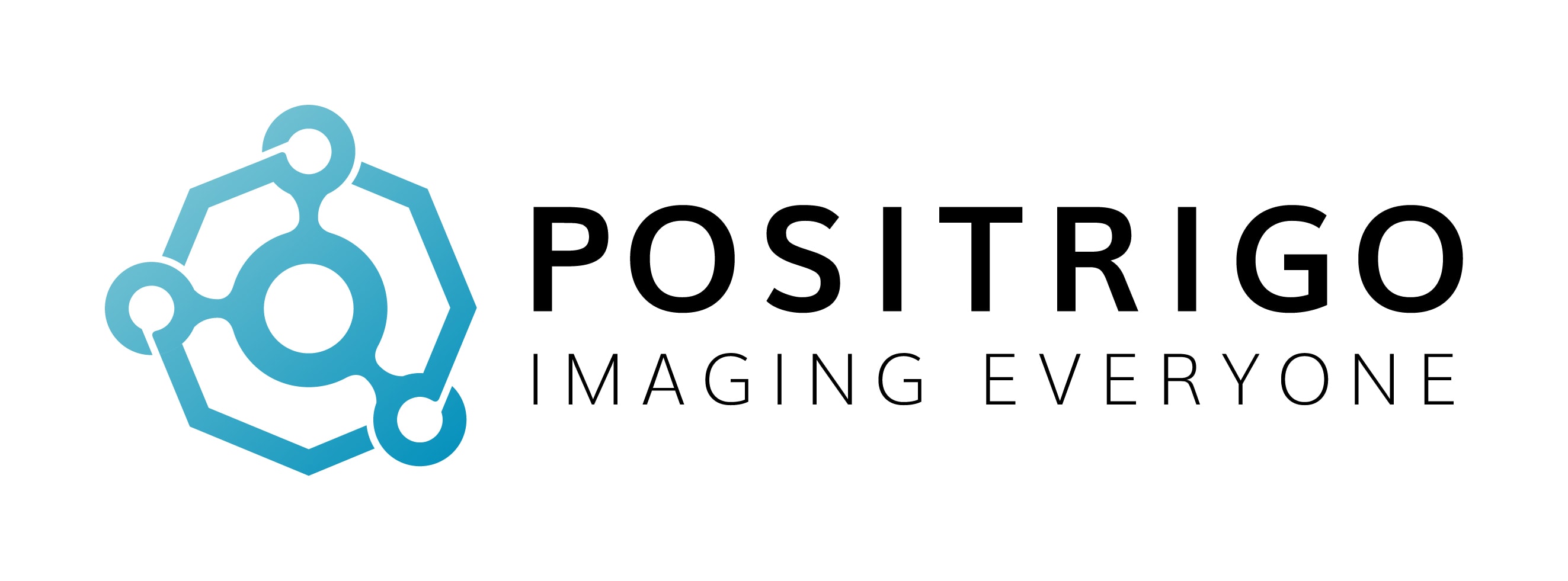Dive Brief:
- The CMS launched an initiative on Tuesday meant to ensure that people enrolled in Medicaid are U.S. citizens or have “satisfactory immigration status,” as the agency continues efforts to stamp out perceived waste, fraud and abuse in federal healthcare programs.
- To do so, CMS will provide states with monthly lists of beneficiaries whose citizenship or immigration status could not be confirmed via federal databases, the first of which went out Tuesday. States are expected to take “appropriate actions” in light of the reports, including making coverage adjustments, the agency said.
- The oversight program is part of a broader push from the Trump administration to root out what it says is abuse of Medicaid and the Children’s Health Insurance Program by undocumented immigrants. “Every dollar misspent is a dollar taken away from an eligible, vulnerable individual in need of Medicaid and CHIP,” CMS Administrator Dr. Mehmet Oz said in a statement Tuesday.
Dive Insight:
Since President Donald Trump took office in January, his administration has been focused on ensuring non-citizens do not access certain public benefits, including healthcare.
However, illegal immigrants have never been eligible to enroll in federally funded healthcare coverage. That includes Medicaid, CHIP or Medicare. Illegal immigrants also cannot purchase coverage through the ACA marketplaces.
The White House has said that 1.4 million illegal immigrants improperly receive federal Medicaid funds, seemingly referring to a figure found in a report from the Congressional Budget Office. However, academics have called the statement “unequivocally false,” noting that those individuals receive healthcare coverage via state programs. Some states elect to provide healthcare coverage regardless of immigration status, but don’t use federal funds to do so.
Meanwhile, non-citizens who legally immigrated to the U.S. can sometimes receive care, but they make up just a fraction of the Medicaid population. They represented just 6% of total Medicaid and CHIP beneficiaries in 2023, according to an analysis from the KFF. Non-citizens were also likely to utilize healthcare services relative to their peers and likely to have lower total healthcare costs, in part due to access barriers, such as language differences.
Still, the Trump administration has been undeterred in identifying potential abuse of public health programs by undocumented immigrants.
In February, the president signed an executive order directing federal agencies to identify federal funded programs that provided financial assistance to undocumented immigrants, including healthcare and social services.
Then, in June, the HHS came under fire for providing the Department of Homeland Security with millions of Medicaid enrollees’ immigration data to potentially augment deportation efforts. The HHS said it was following the president’s executive order.
A coalition of 20 states sued to block the government from sharing enrollees’ personal health data for immigration enforcement decisions and received a preliminary injunction supporting their position earlier this month.
This summer, Congress ushered in its largest coverage change to date when it passed Trump’s reconciliation package. Under the One Big Beautiful Bill Act, only lawful permanent residents, certain Cuban and Haitian nationals and people residing in the country under a compact with a handful of small island nations will be eligible for Medicaid and CHIP, according to an analysis from the National Immigration Law Center.
Meanwhile, refugees, asylum seekers, survivors of domestic violence and survivors of human trafficking — who were previously eligible for healthcare — will become ineligible for many healthcare services.









